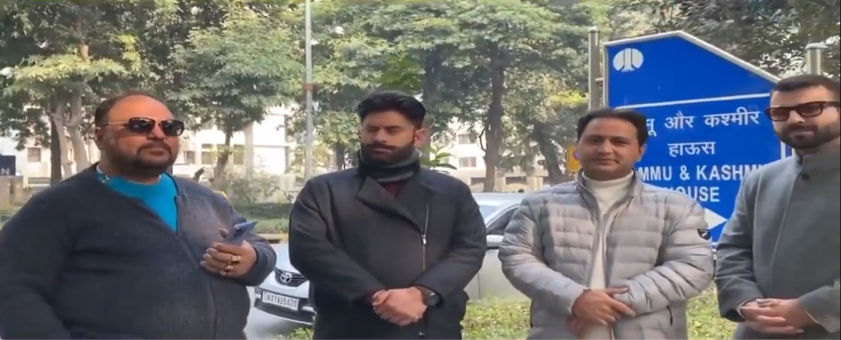New Delhi: With the Budget Session of Parliament set to begin on January 31st, a significant development unfolded in the heart of the national capital. Members of the Pahari community, hailing from the Himalayan regions of North India, converged in Delhi, voicing their aspirations and concerns ahead of the crucial financial discourse.
The Pahari community, encompassing diverse groups like the Gaddis, Gujjars, and Jats, has long felt marginalized and neglected. Despite their rich cultural heritage and contributions to the nation’s socio-economic fabric, their demands for recognition and development have often gone unheard.
This Delhi assembly signifies a collective effort to amplify their voices and push their agenda onto the national stage. Representatives from various Pahari organizations, alongside prominent community leaders, have come together to:
- Demand inclusion in the Scheduled Tribes (ST) category: This would grant them access to affirmative action policies and educational/employment opportunities currently reserved for ST communities.
- Highlight the need for infrastructure development: The Himalayan region, despite its immense ecological and tourism potential, suffers from inadequate infrastructure. The community seeks better road connectivity, healthcare facilities, and educational institutions.
- Address environmental concerns: The fragile Himalayan ecosystem faces constant threats from climate change and unsustainable development practices. The community advocates for policies that prioritize environmental protection and sustainable development in the region.
- Promote cultural recognition: The Pahari community boasts a vibrant culture and rich traditions. They seek greater representation in the national discourse and support for preserving their unique heritage.
The timing of this gathering, coinciding with the Budget Session, is no coincidence. The community is hopeful that their concerns will find resonance in the financial decisions made by the government. They aim to secure increased budgetary allocations for development projects in the Himalayan region and advocate for policies that address their specific needs.
The Pahari community’s Delhi assembly is a testament to their resilience and determination. It represents a significant step towards demanding their rightful place in the national narrative. Whether their voices will be heard and their demands addressed remains to be seen, but their presence in the national capital has undoubtedly ignited a crucial conversation about inclusivity, development, and the future of the Himalayan region.



